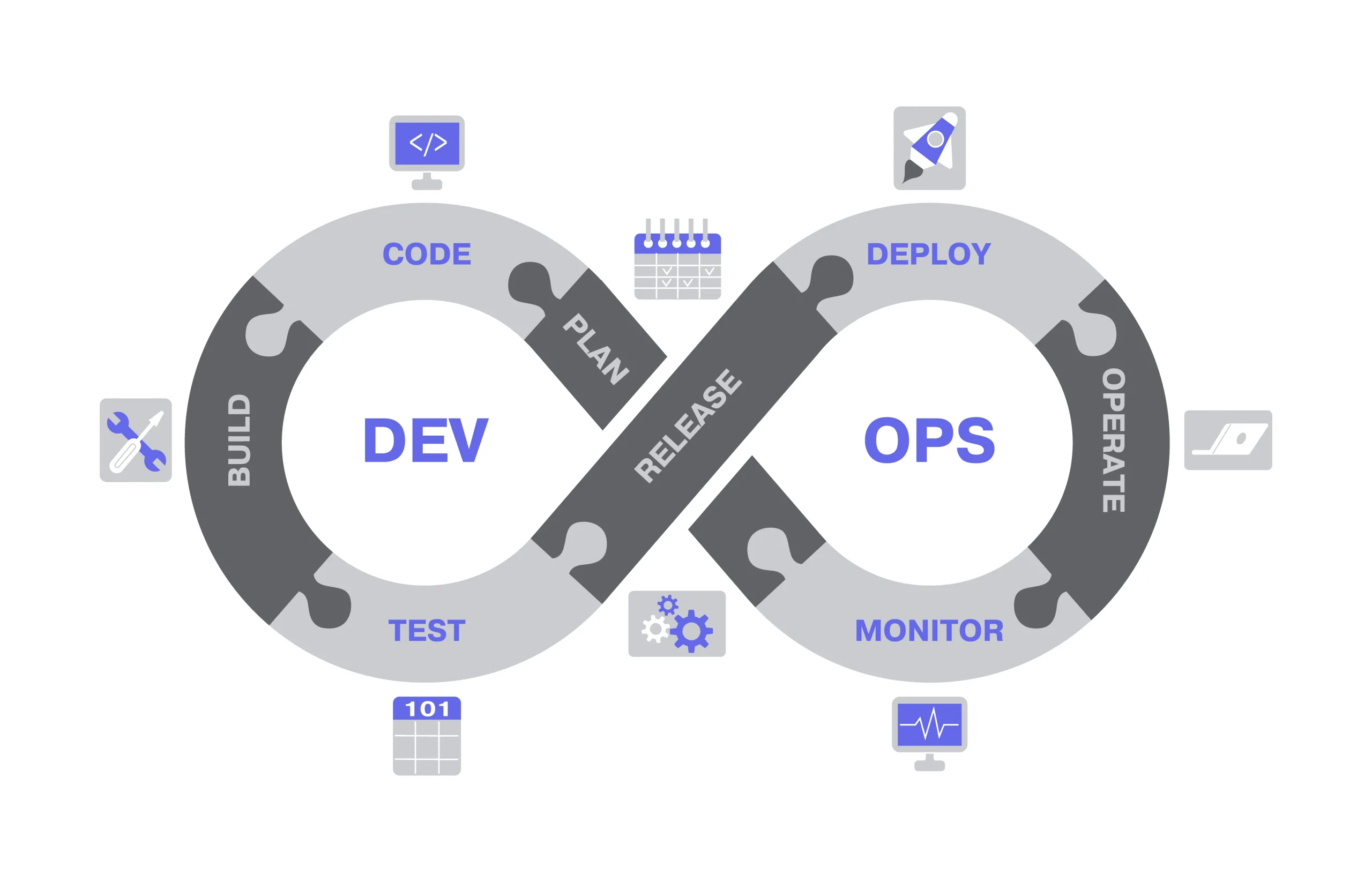Kubernetes Architecture: How is it beneficial for your business?
Published on
by

78% of small and medium-scale businesses use Kubernetes as their container orchestration platform. What’s so special about Kubernetes architecture? Read ahead to find out!
Business in today’s day and age is all about efficiency, flexibility, and scalability. It is particularly difficult to achieve the three attributes for a Tech startup. A few reasons include the complexities of code and many influencing variables. To tackle this problem, businesses migrate towards containerization. Containerization is the term used to describe the segmenting of code into independent units. These units have all the resources needed to function on their own. Then, developers use tools to manage these containers and automate their deployment. Kubernetes is one such open-source container orchestration platform. A Kubernetes architecture is also known as a ‘Kube’ or ‘K8’
In this blog, we will learn about the benefits of Kubernetes and its benefits for a business. Let’s dive right in!
What is Kubernetes architecture?
Most people don’t know this, but Kubernetes is actually a Google product. The tech giant engineered it after being inspired by Borg. Borg was an internal platform that used to deploy somewhere around two billion containers weekly.
The main feature of a Kube is to help organizations manage containers. Tech startups that have scaled or want to scale usually deal with complex codes. If the developers were to deal with the entire code at the same time, errors would increase. But after containerization, they have to deal with another big problem- a huge number of containers. Managing and deploying these containers manually is next to impossible. This is where container orchestration platforms like Kubernetes step in. K8 automates the management and deployment of a containerized application. It also helps them scale.

Benefits of Kubernetes Architecture for businesses
There are some very obvious benefits of the Kube for a business. Other advantages are comparatively lesser known. We will be discussing them all in this section.
Automated Provisioning and Efficient IT Management
The main purpose of adopting a Kubernetes cluster setup as a tech startup is to decrease manual involvement. Kubes automates the management and deployment of containers. It also makes your application more stable. At the end of the day, by adopting the container orchestration platform, you can ensure more efficient IT management.
Increased Software Portability With Kubernetes Architecture
With K8, it becomes easy to move software around. In other words, you can easily move these containers across teams and to different environments. So whether it is about increasing communication speed between internal teams or shifting from on-premise to hybrid environments to optimize costs- Kubernetes makes it easy for you.
Cost Optimization and Open-Source Tools
There are two ways in which Kubernetes can help you optimize costs. The first is by increasing your resource utilization. A kube will increase your team’s productivity, ensuring that all members and tools you utilize contribute to the max. Secondly, Kubernetes has a rich community of 3,000 contributors. You gain access to a lot of open-source tools and APIs that enhance your abilities.
Kubernetes Architecture Enhances Scalability
One of the biggest advantages of adopting the container orchestration platform is the ease of scaling. The platform is designed to help teams seamlessly scale up. It can easily manage and accomodate the growing size of your team. Additionally, it also allows you the feature of rolling updates. Your application can smoothly transition to newer versions.
Kubes clearly have a lot of advantages. But are they relevant for every business out there? Let’s discuss that in the following sections!
Is Kubernetes Required For Every Business?
It completely depends on the scale of your business. For a large-scale organization that deals with complex codes and applications, adopting the architecture is an obvious choice. However, if you run a small-scale or mid-size business, you need to rethink your decision.
Migrating the orchestration platforms will require you to hire DevOps specialists. The investment you make in the migration process may not yield significant results for you because you may not be dealing with a scale of containers that require specialized automation.
So, evaluate your requirements before making the decision. And if you need some help, move on to the next section of this article.
Here’s what you should do!
Before you migrate to a K8, consider the following moves:
Assess Your Business Needs
Analyze your business for current and future needs. Understand the scale of applications you deal with, the complexity of infrastructure, and the level at which you might scale. Such an analysis can give you a clear view of your requirements.
Consider a Modular Approach
Kubernetes cluster setup may not be the only way to achieve better IT management. You can start by creating software boundaries by yourself. Divide your software into modules to make management and maintenance easy.
Keep an Eye on Resource Utilization
The main feature for which most tech startups consider moving to Kubernetes is efficient resource utilization. You can achieve that on your own by closely monitoring the contribution of your resources. Keep an eye on the efficiency and productivity of your team.
Explore External Assistance
The biggest struggle that businesses face when moving to Kubernetes is the lack of expertise. The setup requires specialized skills. If you are also facing a similar problem, you can get in touch with our Kubernetes Consultants, and we will help you migrate to the platform smoothly.
Conclusion
There’s no doubt that Kubernetes architecture offers a wide range of benefits to a business. But premature migration to the platform can also prove to be an unwise investment. More often than not, small-scale businesses can achieve the efficiency offered by a kube on their own. But, if you are a large-scale organization dealing in complex infrastructures and applications, it is recommended that you move to Kubernetes. One way to make the process easy is to hire external assistance and experts for the migration. You can get in touch with DevOps Consultants at TechEnhance, and we will help you transition smoothly. If you need more help understanding whether you need Kubernetes or not, book a free call with us anytime!


